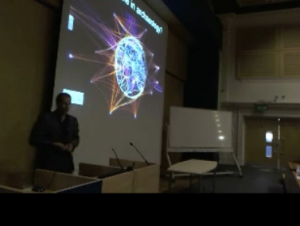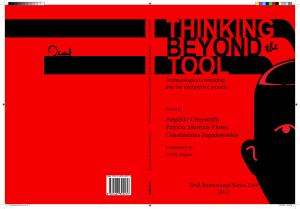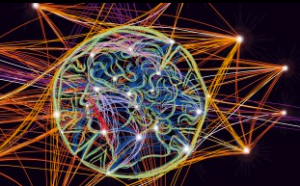
sotonDH small grant: Introducing ‘A Connected Island?’: how the Iron Curtain affected Archaeologists
After the Second World War the Iron Curtain sliced through the very centre of Europe forming a very real divide in both political and daily lives. In the second half of the 20th century the Soviet regime introduced a new structure to the academic institutions to countries like Poland, Hungary and former Czechoslovakia, including restrictions on contacts with the Western world and ideological pressure previously unknown in these parts of Europe.
Continue reading →



